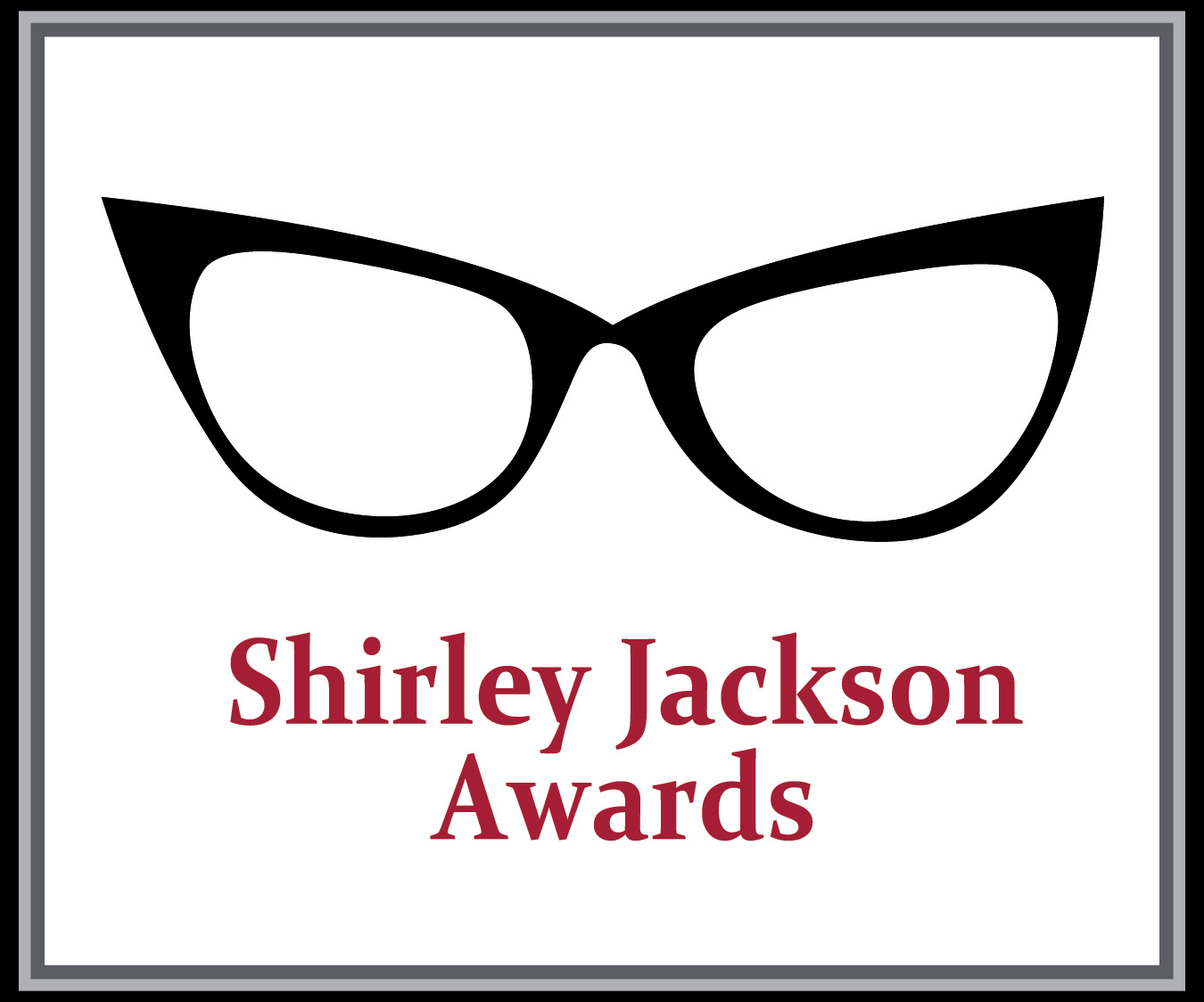Brian Hodge’s novella Whom the Gods Would Destroy is a 2013 Shirley Jackson Awards nominee.
Charles Tan: What were the challenges in writing Whom the Gods Would Destroy?
Brian Hodge: Pretty much the same challenges that apply, in one mix or another, to anything I might write — anything speculative, at least. There’s this core idea, and a lot of doing it justice comes down to getting the proper balance of the various aspects necessary to best convey it. How to fully explore something outlandish and push it to its extremes, yet make it seem plausible. How to weave in the research without letting it get too dense. How to work around some fairly heady topics, but keep an intimate focus on the characters. How to maintain a strong emotional center without overdoing it, letting it get overwrought. I try to stay aware of all that, and navigate the whole thing with a sense of balance.
Charles Tan: How did it develop its own soundtrack? What was your involvement in the process?
Brian Hodge: My involvement was total — composition, playing, recording, mixing, mastering. I got started in music while in gradeschool, so I’ve nearly always been into keyboards … piano first, then synthesizers and samplers. Later, the didgeridoo, which you could think of as an organic synthesizer. And it seems that synth geeks tend to naturally take to the recording process, because synths already demand more of a tech focus. So I’m totally into the home studio thing. A lot of hardware, a lot of software.
Now, like many writers, I put music on while I write. Mostly abstract, textural stuff, because lyrics are usually distracting. With Whom the Gods Would Destroy, I listened to a lot of space music, especially Jonn Serrie, who started out doing music for planetarium shows. It was ideal, and helped a lot, but it wasn’t the usual sort of stuff I cue up, and so maybe because of this atypical backdrop, I ended up relating to the work sonically in a stronger way. It gave me a compulsion to pick several key scenes and try to convey the same senses of wonder and terror, tenderness and longing, and so on, through music and sound design. Plus I’ve always loved the soundtrack work of John Carpenter and Tangerine Dream. So I dove in and did an album, too, for the fun of it.
Charles Tan: What made you consider including elements of science fiction into horror (or vice versa)?
Brian Hodge: That was just the way the project developed in the idea phase, and I tend to follow where things lead. It was the nature of the beast. If you deal with intelligences and life forms that aren’t endemic to this planet, you’re by default venturing into s-f territory. And because it felt both natural and necessary to make the central character a grad student in astronomy, that had to be his world, his frame of reference. He had to look at life and his own place in the cosmos through, both figuratively and literally, that lens. He had to feel as credible in that role as I could make him.
So all that made it necessary to bring in a certain amount of orthodox science, as well as play around with more controversial and outré theories. The panspermia theory may not be universally agreed on, but even Neil deGrasse Tyson gives that one credence. The bits about certain viruses and the like sifting down through the atmosphere, though, that’s pretty out there in the fringe realms, but it was fun to play with in the context of DNA being the perfect interstellar probe.
